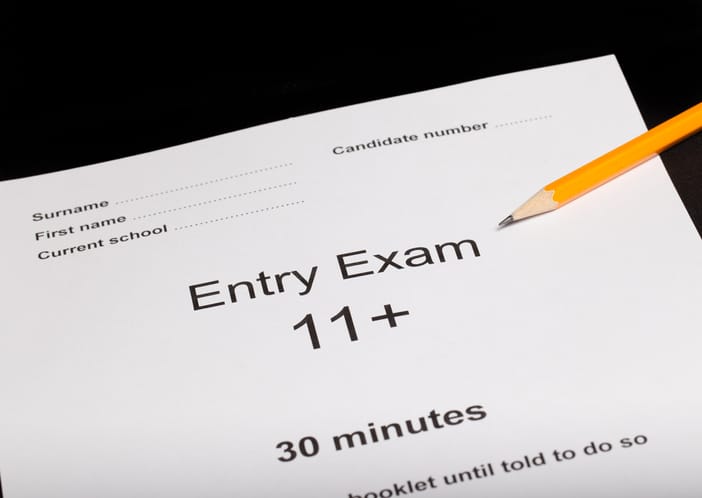The college admittance scandal has gotten a good deal of media attention over the last couple of weeks. Dubbed “Operation Varsity Blues,” the sting resulted in criminal charges for over 50 people. Part of the reason for the high level of publicity is the involvement of some of Hollywood’s elite, Felicity Huffman and Lori Loughlin.
Was the scam criminal? For criminal charges to move forward, the prosecution must have evidence of a crime. The case lends itself to a discussion of this niche area of the legal world. This specific instance focuses on fraud, a type of crime referred to as white collar crime. White collar crime offenses are generally those that involve an individual who acts for seeks financial gain through criminal means without causing physical harm.

What is fraud? When it comes to fraud, an individual is generally accused of lying to gain property. There are many types of fraud, including health care fraud, tax fraud, credit card fraud and mail fraud.
In order to build a successful case, the prosecution must generally establish the following four elements:
- Intent.
- Misrepresentation.
- Reliance.
- Loss.
Essentially, the accused must intentionally misrepresent a fact to another. That individual must have then relied upon this misrepresentation and suffered an actual loss.
In this case, the prosecutors charged each parent with conspiracy to commit mail fraud and honest services mail fraud. Some have chosen to accept deals. Felicity Huffman, for example, agreed to a deal that includes recommendation of a short prison sentence. She stands to face four to ten months incarceration for the offense. The deal also includes an agreement to pay $20,000 in restitution.
What can others learn from this story? White collar crimes like fraud come with more than monetary penalties. Prison time is a real possibility. As a result, anyone that is accused of a white collar crime is wise to actively build a defense to the allegations.
